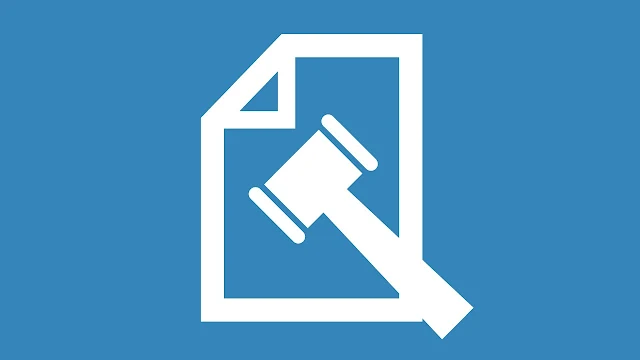Effectivity of laws
 QUESTION: After a devastating storm causing widespread destruction in four Central Luzon provinces, the executive and legislative branches of the government agreed to enact a special law appropriating P1 billion for purposes of relief and rehabilitation for the provinces. In view of the urgent nature of the legislative enactment, it is provided in its effectivity clause that it shall take effect upon approval and after completion of publication in the Official Gazette and a newspaper of general circulation in the Philippines. The law was passed by the Congress on July 1, 1990. signed into law by the President on July 3, 1990, and published in such newspaper of general circulation on July 7, 1990 and in the Official Gazette on July 10, 1990.
QUESTION: After a devastating storm causing widespread destruction in four Central Luzon provinces, the executive and legislative branches of the government agreed to enact a special law appropriating P1 billion for purposes of relief and rehabilitation for the provinces. In view of the urgent nature of the legislative enactment, it is provided in its effectivity clause that it shall take effect upon approval and after completion of publication in the Official Gazette and a newspaper of general circulation in the Philippines. The law was passed by the Congress on July 1, 1990. signed into law by the President on July 3, 1990, and published in such newspaper of general circulation on July 7, 1990 and in the Official Gazette on July 10, 1990.
(a) As to the publication of said legislative enactment, is there sufficient observance or compliance with the requirements for a valid publication? Explain your answer.
(b) When did the law take effect? Explain your answer.
(c) Can the executive branch start releasing and disbursing funds appropriated by the said law the day following its approval? Explain your answer.
ANSWERS TO (A), (B) AND (C):
(a) Yes, there is sufficient compliance. Based on Tañada v. Tuvera, publication is an indispensable requirement for the effectivity of a law. In this case, the special law itself provides for its publication not only in the Official Gazette but also in a newspaper of general circulation.That the law is effective upon approval does not negate the fact that it has complied with the publication requirement. In fact, according to the Supreme Court, that the law takes effect upon approval is a valid provision in a statute as long as publication is done. This only means that the law takes effect after it has been published.
Article 2, Civil Code: Laws shall take effect after fifteen days following the completion of their publication in the Official Gazette or in a newspaper of general circulation in the Philippines, unless it is otherwise provided. This Code shall take effect one year after such publication.
(b) The law took effect on July 10, 1990. Although the Civil Code requires for a law's effectivity publication either in the Official Gazette or in a newspaper of general circulation in the Philippines, it must be noted that, if a statute requires publication in both, such shall be the requirement for its effectivity.
In this case, the special took effect upon compliance with all the conditions for effectivity, and the last condition was complied with on July 10, 1990. Hence, it became effective on that date.
In this case, the special took effect upon compliance with all the conditions for effectivity, and the last condition was complied with on July 10, 1990. Hence, it became effective on that date.
(c) No, the executive branch cannot start releasing and disbursing funds appropriated upon the approval of the special law.
Before its effectivity, a law has no force and effect. It is neither a source of right nor a source of obligation.
Since the law requires publication in both the Gazette and in a newspaper, said requirements must be complied with before the executive branch does anything based on said special law. It was not yet effective when it was approved by Congress on July 1, 1990 and approved by the President on July 3, 1990.
Before its effectivity, a law has no force and effect. It is neither a source of right nor a source of obligation.
Since the law requires publication in both the Gazette and in a newspaper, said requirements must be complied with before the executive branch does anything based on said special law. It was not yet effective when it was approved by Congress on July 1, 1990 and approved by the President on July 3, 1990.
